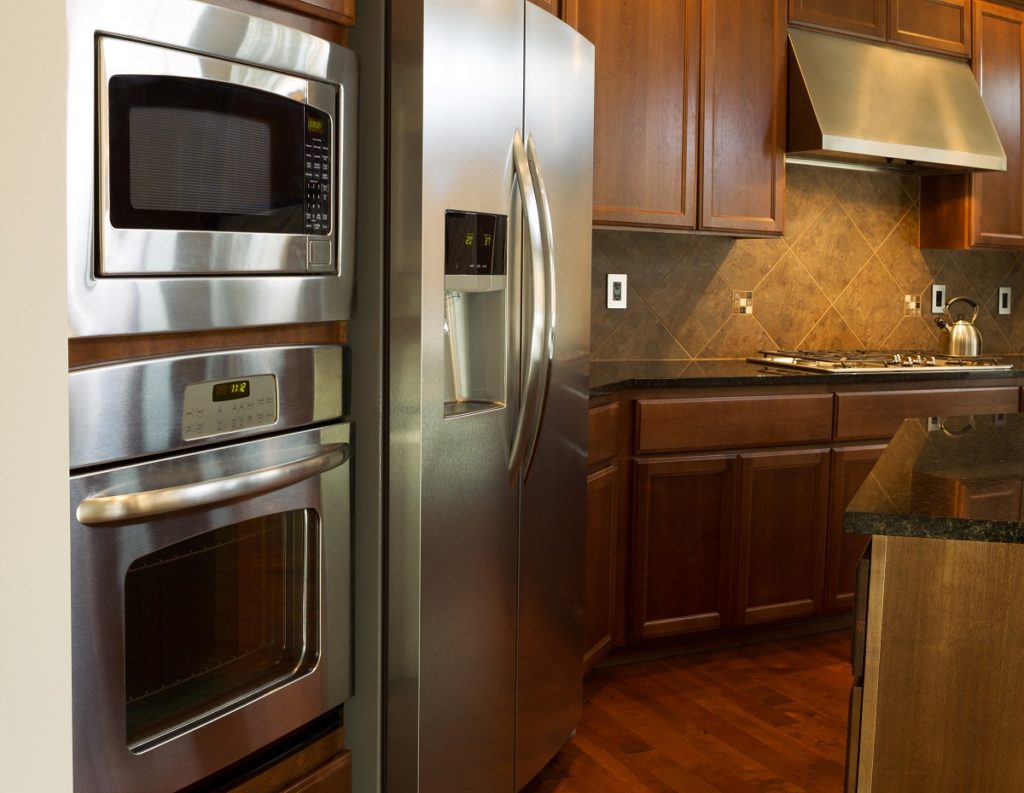In recent years, smart homes and appliances have generated major buzz among homeowners. “Internet of Things”-enabled appliances can be controlled through voice commands or on a mobile app and perform many new functions. Although there’s still no substitute for proper human maintenance – if you live somewhere hot like Nashville, dryer vent cleaning is a must – there are other ways in which smart appliances may represent a considerable upgrade.
Energy savings
In modern times, we have come to realize how important it is to reduce our carbon footprint. Big businesses and industrial processes may have an oversized impact on the environment, but every individual’s efforts to scale down their energy consumption will make a difference. For a lot of people, the problem can be small details – forgetting to turn off the lights before leaving a room or keeping the thermostat maxed out even when everyone’s headed out for the day.
It might not seem like a big deal, until you realize that all those hours add up to a lot of unnecessary energy consumption, putting a strain on the environment while also inflating the monthly utility bill. Smart appliances shine when it comes to energy saving. Automation lets you power down devices and avoid idling; you can also schedule many appliances to run only on off-peak grid energy hours. Optimum temperature and humidity controls can be specified so that energy isn’t wasted on excessive settings, or when there’s nobody in the house.
Improved functionality
You’ve probably seen some ads for smart home systems and how they offer better features, and maybe wondered deep down how much of that was true. After all, a smart TV can boast new capabilities by connecting to the WiFi network at home, but isn’t a smart refrigerator just a refrigerator whose internal thermostat you can control with your mobile phone?
The different enhancements will vary across appliances, but there are undoubtedly significant improvements if you look closely. Personalization is a standout selling point; some smart refrigerators, for instance, can use the internal camera to track supply levels and use that data to suggest recipes, alert you to potential allergies, and recommend deals on groceries. Similarly, not only do smart TVs let you watch YouTube on a huge screen, they effectively monitor watching habits and preferences; if you decide to make a lifestyle change, you can see how many hours you average watching certain shows, and which ones to drop.
Ease of use

Perhaps the most prominently-featured benefit of any smart appliance is tied to its ease of use. It’s undeniably convenient – and very cool – to activate different systems and devices with simple voice commands. But the naysayers will argue that when the novelty effect wears out, smart home controls don’t do much except allow homeowners to get lazy. In truth, there are many situations where smart appliances save considerable time and effort. Various sensors and automation settings can help the elderly or disabled individuals live in better safety and comfort. If your daily schedule is hectic and unforgiving, smart homes also help you save time; you can start activating appliances such as the dishwasher or washing machine while you’re away, and preheat the oven as you’re heading home.
Smart home technology is still in the early stages of development. A lot of early adopters may experience some growing pains. But these should be excellent reasons for people to start giving smart appliances a short.


